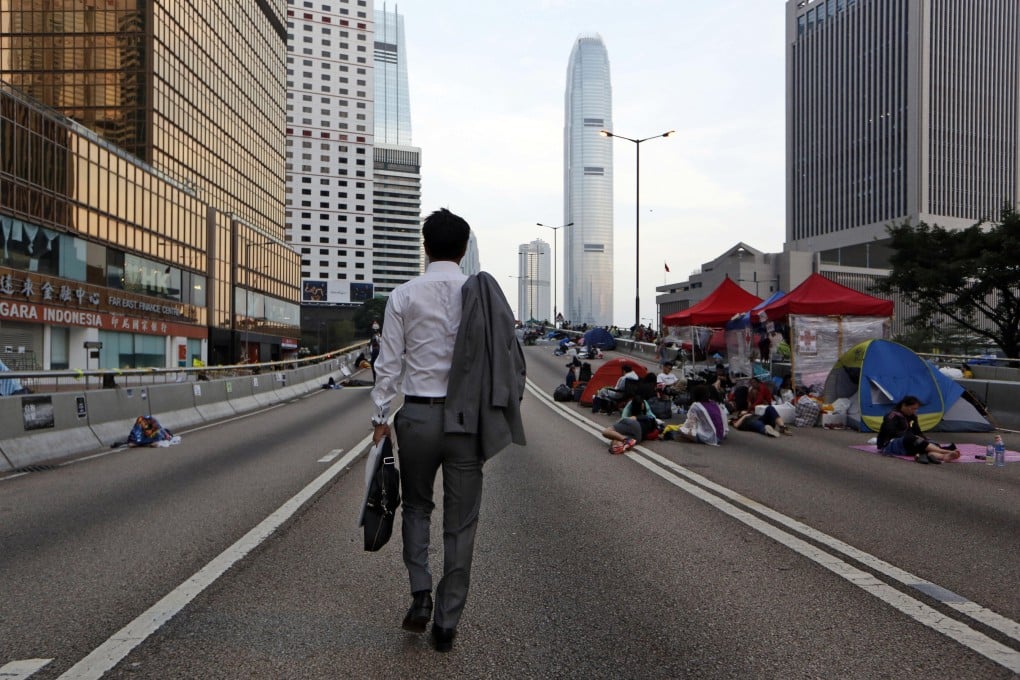Ending the stand-off on the streets will benefit all sides
Alejandro Reyes says support for the protests will wane if they drag on

As the Hong Kong protests enter another delicate phase, it is not helpful and may even be dangerous for anyone to cast the civil disobedience action as a "revolution" or another Tiananmen. It is almost as if some are wishing some kind of major upheaval or tragic end. Nobody should want that.
Many reports of what is going on in Hong Kong, even from reputable news organisations, give inaccurate information, including about such fundamental matters as what is actually in the Sino-British Joint Declaration and the Basic Law. One commentator even referred to Hong Kong's "independence" in 1997! Some people who should know better are posting ominous photos that are old or tweeting rumours without verifying them.
The focus of this tense debate should not be about what China did or didn't promise or what China is supposed to have agreed with the British and then is alleged to have backtracked on. Like them or not, Beijing's positions and decisions have actually been fairly consistent since even before the handover. That is not to say they were right or wrong for Hong Kong then, or are right or wrong for Hong Kong now. Antagonising China by chastising it for breaking promises is not going to help.
The real issue is clear - what sort of democratic system does Hong Kong need to break its dysfunctional politics and what kind of democracy do Hong Kong people deserve so their leader can actually exercise fully the autonomy necessary to ensure the SAR remains competitive, attracts talent, and can narrow the wide income and influence gaps?
Beijing wants Hong Kong to get on with running itself. Its leaders have too many problems of their own. But no matter how special the SAR is, mainland leaders will only let it move forward politically at a pace with which they are comfortable, whatever critics think.
What is important at this stage is for all sides to find a face-saving endgame and determine a path to resolve the impasse. This is unlikely to involve China backing down from its decision on how the chief executive is elected. It is also unlikely to involve the resignation of the chief executive, though his political future is clearly already in question. The players on the pro-democracy side need to find common ground so there can be effective back-channel talks with the government and even Beijing or its proxies on a feasible way for this to end.